[By Rabbi Yair Hoffman for the Five Towns Jewish Home]
A few years ago, a directive from the Israel Medical Association instructed all doctors and medics to triage all casualties at a terror scene according to the severity of their wounds. The directive explicitly said, “including the terrorists who carried out the attack.” This means that if a terrorist stabs five Jews, r’l, and gets shot, if his condition is worse than the victims, he should be treated first.
The IMA’s rules replaced an earlier 2008 directive that was based on the principle of “charity begins at home,” which enabled medical professionals to treat victims first. The decision to change the guidelines came after an appeal to the Ethical Bureau of the IMA. The appeal came from the Physicians for Human Rights group who argued that the previous rules contradicted accepted medical ethics and international humanitarian laws.
While Israeli doctors and medical staff see it as an ethical duty to attend to the injuries of terrorists and treat them the same as they would victims, until the recent change they were able to prioritize victims rather than perpetrators. But now, with the new directives, if the terrorist is more severely injured, he must be treated before his victims.
At first glance, it seems like the type of inane directive that would make one’s blood boil.
The Ethics Bureau is the only legal body in Israel that decides ethical standards for Israeli medical staff. Its rulings apply to doctors, paramedics, emergency services, and nurses. But is the IMA correct?
As in all matters of halacha, the underlying issues need to be properly explored, and we must leave emotion behind. The underlying issue is the idea of “Aiva” and its parameters. “Aiva” literally means hate. Halacha tells us that when certain actions on our part would engender an excessive, hate-filled reaction on the part of others, we can and must temper or change those actions on our part.
In Shulchan Aruch (YD 158:1), we find that the idea of Aiva allows us to provide medical care that would save a life of someone that halacha would normally not sanction to provide for that care. Tosfos in Gittin 70a (Rav Shimi Bar Ashi) explains that Rav Shimi possibly cured such a person on account of Aiva. [Imagine that a Nazi leader was shot, for example, in Hitler’s famous Beer Hall Putsch. Would it have been permitted for Jews to provide that Nazi leader with medical care? Normally, halacha would not sanction it, but if it may lead to Aiva, it would be permitted. As a historical note, two Jewish women did provide such medical assistance to Herman Goering, y’s, when he was shot at the Putsch. Their actions did not help stop the Holocaust, however.]
In Shulchan Aruch (OC 334:26), the Remah rules that if a fire breaks out in a gentile location and the Jew is present, it is permitted to violate Shabbos and put out the fire, so that they not accuse us and the matter would lead to Aiva. Now, while it could be that this is considered a melacha sh’aina tzricha l’gufa, it still appears to all as a full-fledged Biblical prohibition.
Why We Treat Terrorists In General
Terrorists are murderers of innocent people, and once cured of whatever ails them will probably go out and murder again. Yet if terrorists are not treated, then other innocents will suffer. Other countries and enemies will refrain from providing treatment to innocent people. Therefore, we are treating them so that mankind in general will benefit. When two doctors had the question of treating terrorists posed to Rav Elyashiv, zt’l, he ruled that they should be treated on account of Aiva. This is cited by his son-in-law Rav Yitzchok Zilberstein shlita in his sefer.
Rav Chaim Kanievsky zt”l, however, ruled that terrorists may not be treated.
A Fascinating Meshech Chochmah
Regarding the mitzvah of eishes yefas toar, Meshech Chochmah on Devarim 21:10, asks why it was necessary for the Torah to write the following bolded words in the whole verse, “When you go to war against your enemies and Hashem delivers them into your hands and you take captives, if you notice among the captives a beautiful woman and are attracted to her, you may take her as your wife.” It would have made sense to just write, “When you go to war against your enemies and you take captives!”
The Meshech Chochmah answers that only when you have completely vanquished the enemy would it be permitted to take a captive woman as a wife. Otherwise, the enemy may also capture your women and they may forcibly marry them against their will if they hear that you had married one of their captive women.
Not All Aivas Are The Same
Clearly, not every Aiva is created equally. Rav Moshe Feinstein, YD 1 #184 cites a number of sources where some Aivas would permit Shabbos violation, while others would not. The Chelkas Yaakov YD #168 also differentiates between different times and places in regard to Aiva. How bad is this particular Aiva and will it adversely affect the way innocent people are treated in other countries and places?
Where Could Aiva Still Affect The Innocent?
The terrorists who stab and kill still have lantzmen who empathize with them in Turkey, Iran and in other areas too. Is it really beyond the pale of our imagination that the Iranians and the Turks would not retaliate against Jews if we started to delay treatment of injured terrorists? Do they so understand the evils of terrorism that they would refuse retaliation?
Other Mitzvos in Treating the Victims First
Five other mitzvos, both positive and negative, are involved in treating the victims. Do we push off the fulfillment of these five other mitzvos on account of Aiva? Or should we first fulfill these Mitzvos?
The Positive Mitzvos
Vahasheivoso Lo. The verse in Parashas Ki Teitzei (Devarim 22:2) discusses the mitzvah of hashavas aveidah, returning an object with the words, “Vahasheivoso lo—and you shall return it to him.” The Gemara in Sanhedrin (73a), however, includes within its understanding of these words the obligation of returning “his own life to him as well.” For example, if thieves are threatening to pounce upon him, there is an obligation of “Vahasheivoso lo.” This verse is the source for the mitzvah of saving someone’s life. It is highly probable that it is to this general mitzvah that the Shulchan Aruch refers to in Shulchan Aruch, Orech Chaim 325.
V’chai Achicha Imach. The Sheiltos (Sheilta #37), based upon the Gemara in Bava Metzia 62a, understands these words to indicate an obligation to save others with you. The Netziv in his HeEmek Sheailah understands it as a full-fledged obligation according to all opinions. He writes that he must exert every effort to save his friend’s life, until it becomes pikuach nefesh for himself.
V’ahavta L’reyacha Kamocha. The Ramban, Toras haAdam Shaar HaSakana (p42-43) understands the verse of “And love thy neighbor as yourself” as a directive to save him from medical danger as well.
The Negative Commandments
Lo Saamod Al Dam Reyacha. There is a negative mitzvah of not standing idly by your brother’s blood as well. This is mentioned in Shulchan Aruch (CM 426:1) and in the Rambam. Collectively, if we adopt such a policy in having armed people in every beis midrash in Eretz Yisrael, we can ensure that we do not stand idly by our brother’s blood.
Lo Suchal L’hisalaym. There is yet another negative commandment associated with the positive commandment of hashavas aveidah, and that is the verse in Devarim (22:3), “You cannot shut your eyes to it.” This verse comes directly after the mitzvah of hashavas aveidah. The Netziv (HeEmek Sheailah) refers to this mitzvah as well.
Rav Yitzchok Zilberstein relates (Shiurei Torah L’Rofim Siman 289) a story from the Beis HaLevi. The issue of reinstituting the Korban Pesach had come up. The Beis HaLevi explained that he could probably find a halachic solution to all the outstanding halachic issues, however, to the hate that will cause Muslims to feel toward Jews who now are sacrificing once again on Har Habayis, and the subsequent violence done to Jews – to that – he can find no heter!
Conclusion
A good argument can be made that the moral high ground that must be taken is to stand up against terror. Terrorists should realize that when they engage in the murder of innocents, they are tacitly giving up their right to be treated before the victims that they themselves had created – even if their injuries are greater. Any other alternative does not provide a disincentive to engage in terrorism – it encourages it.
But while this is certainly true, it may be that we do not have the right to place others in harm’s way by saying these things publicly. It is this author’s view that there are different levels of Aiva, as seen in the aforementioned Poskim. The Aiva engendered from low level aiva , however, may not be of sufficient level to push off fulfilling the other five obligations. However, officially releasing that this is what they are doing is, in this author’s view, grossly irresponsible. How so? It causes and brings to light more Aiva, and could endanger others in Iran and Turkey.
The author can be reached at [email protected].


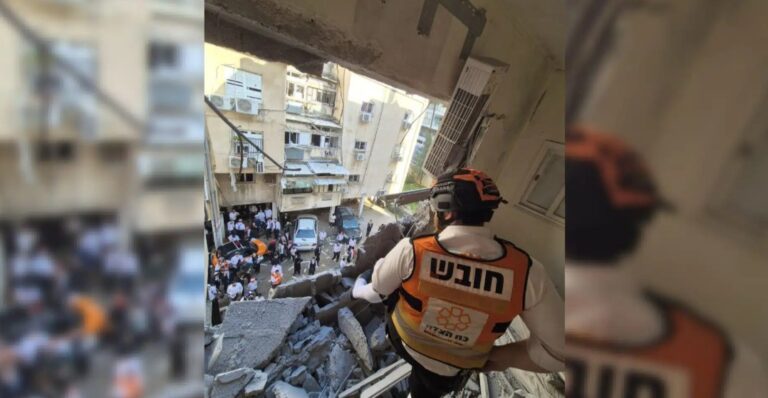
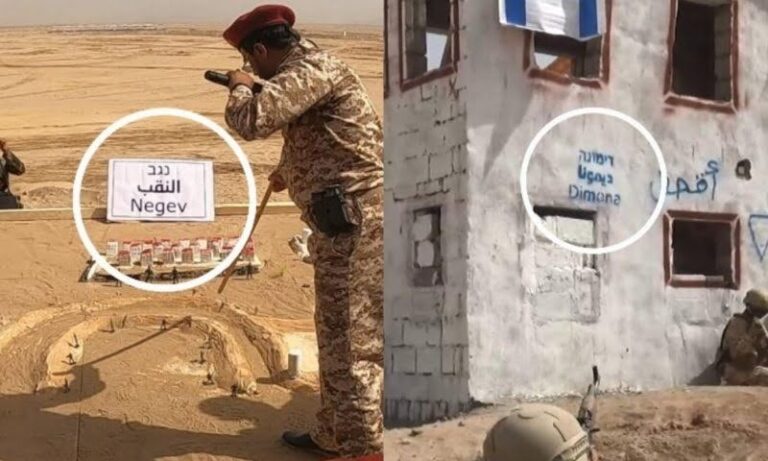
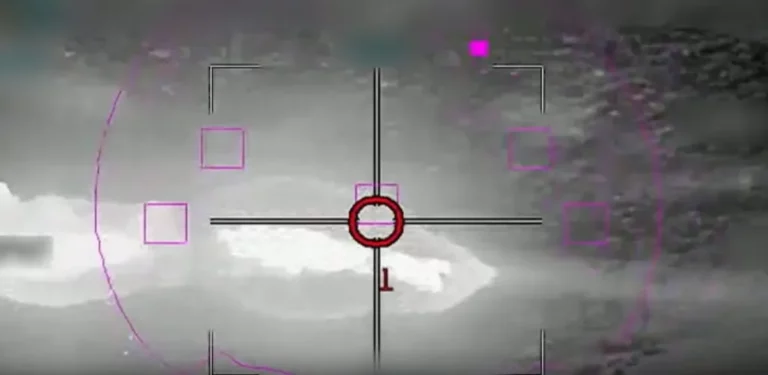
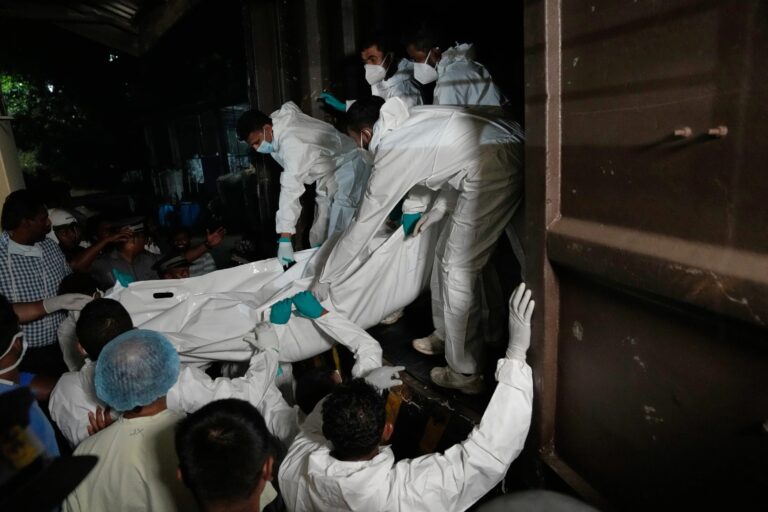





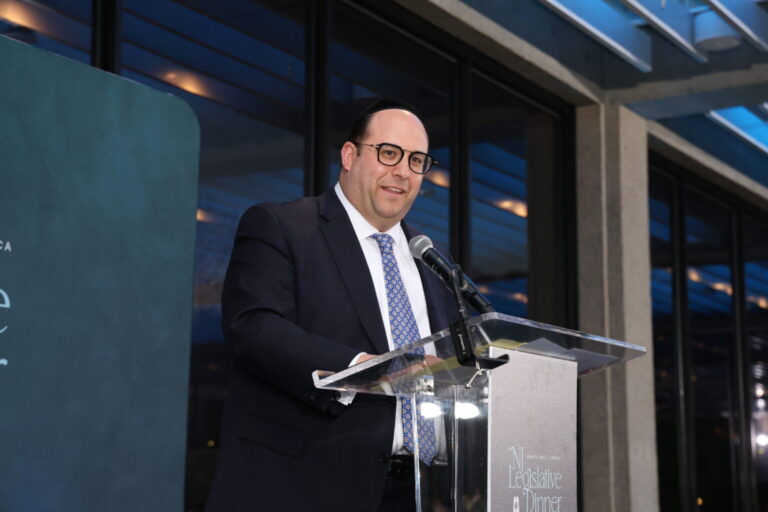
6 Responses
lo moridin velo malin but terrorists moridin and is supposed to die because he is chovel
The problem is, that we use the reason of “Eivo”, even when it comes to helping Decent Non-Yidden, (eg. our neighbors, co-workers, etc.)
The Emes is, that we should be helping them because of our sincere compassion for our fellow Human Beings.
This is what HKB”H, the creator of all Humans, expects of us.
The sugyos of Eiva the author quotes make it abundantly clear that if there is a reasonable explanation for not helping, there is no aiva. In this case the mindset most of the world understands – including the countries the terrorists hail from – is that if you attempt to kill you will be treated like dirt, with very little rights.
Furthermore, treating terrorists encourages them to feel safe about attacking – either they will die or be well cared for. This IS AIVA in essence, for you have encouraged killing!
The subject of aiva is poorly understood. (By the way, the aiva Rabbi Moshe Feinstein z”l speaks of is not actually aiva – despite his usage of the word – rather it is clear and present pikuach nefesh; if one does not save then he will be lynched. This is the situation he speaks of.) What ultimately causes aiva is hard to know. What one man calls taking a stand is another man’s provocation. I doubt these cases have any clear and definitive aiva.
Nice update there from Hagoan Harav Chaim Shlit”a
What about “Habo lehorgecho – Hashkeim veharego”
The Israel Medical Association is as far away from medical ethics as east is from west!
They are the ones who called out doctors and nurses on strike. They are unethical and cruel – at best!